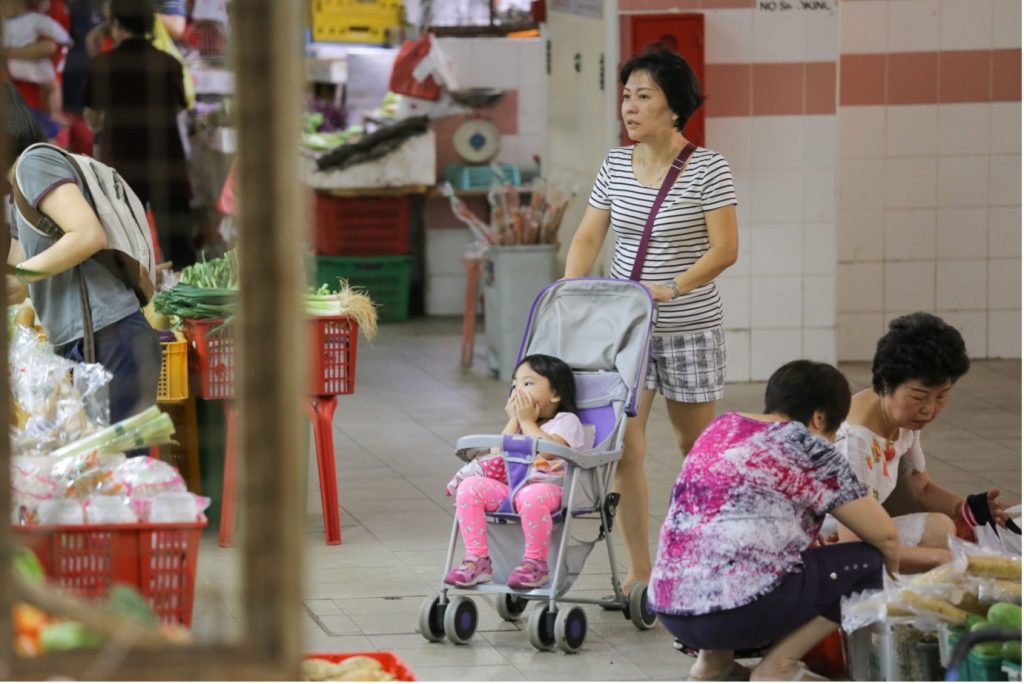Who wants to have a baby?
June 2, 2021

The United Nations commemorates the Global Day of Parents on June 1 every year. The day is observed to celebrate the lifelong commitment and responsibility shouldered by parents in providing a nurturing, loving, and safe environment for their children to grow up in. It also aims to raise awareness about the need for stronger workplace policies to support working adults with children. Such policies are needed given the decline in total fertility rates experienced by several developed countries across the globe.
In an interview with South China Morning Post, Professor Jean Yeung (NUS Sociology and Centre for Family and Population Research) utilizes insights from Singapore’s case study to weigh in on Hong Kong’s policy efforts to tackle its declining fertility rates.
For the first time in official records, Hong Kong observed more deaths than births and experienced a record low total fertility rate of 0.87 in 2020. This is a cause for concern for Hong Kong’s policymakers. An ageing population and a shrinking workforce mean an increased economic burden and dependence on members currently in the workforce. In the long term, this could lead to an increase in government expenditure on healthcare for the elderly, an increase in taxes, and reduced international competitiveness for Hong Kong.
The ongoing pandemic has accelerated worrying population trends that were observed in Hong Kong well before the global health crisis. Firstly, young couples in Hong Kong are deciding to marry later, at an age when women are less fertile and putting off plans to have children. Secondly, Beijing’s national security law and the current economic climate in the country have compelled an increasing number of Hongkongers to emigrate, resulting in a brain drain. Lastly, the resultant economic conditions of the pandemic have increased financial pressure on young couples in Hong Kong, preventing them from starting a family. This was supported by interviews of young working professionals living in Hong Kong.
Prof Yeung gleans insights from Singapore’s policies to increase its birth rate to discuss similar efforts in Hong Kong. She notes that Singapore’s population policies, which have come into force as far back as 1987, have not been an effective instrument to incentivize couples to have children. Singapore’s total fertility rate has been on the decline. The total fertility rate for Singapore in 2020, which stands at 1.1, is a record low and is evidence for the inefficacy of the city-state’s population policies.
Prof Yeung argues that current schemes aimed at promoting Singapore’s overall birth rate do not provide the right incentives for couples to have children. She proposes alternative population policies that could prove more effective at increasing Singapore’s birth rates. Currently, the Singapore government offers monetary incentives such as the Baby Bonus scheme, subsidized childcare, and priority housing for couples. In addition, Singapore mandates a generous amount of maternity and paternity leave relative to other Asian societies. She notes that these incentives are insufficient. Citing Scandinavian countries as a model, Prof Yeung advocates for the provision of long-term childcare support as a policy that could do more to increase overall birth rates.
Utilizing insights from Singapore’s case, Hong Kong’s current efforts which include, child tax allowances and affordable kindergartens, are not expected to encourage couples to have children. As championed by Prof Yeung, the provision of long-term childcare support could prove more effective in reversing Hong Kong’s declining birth rates.
